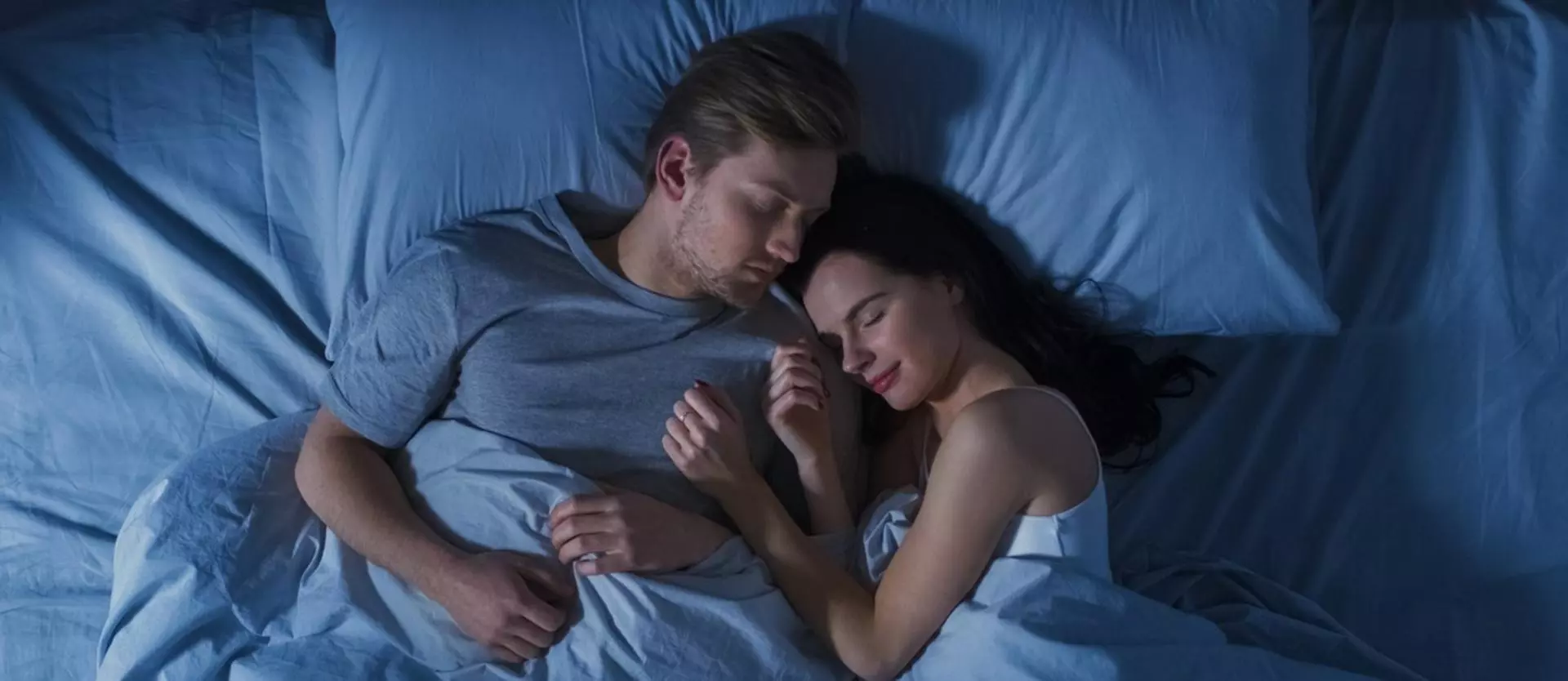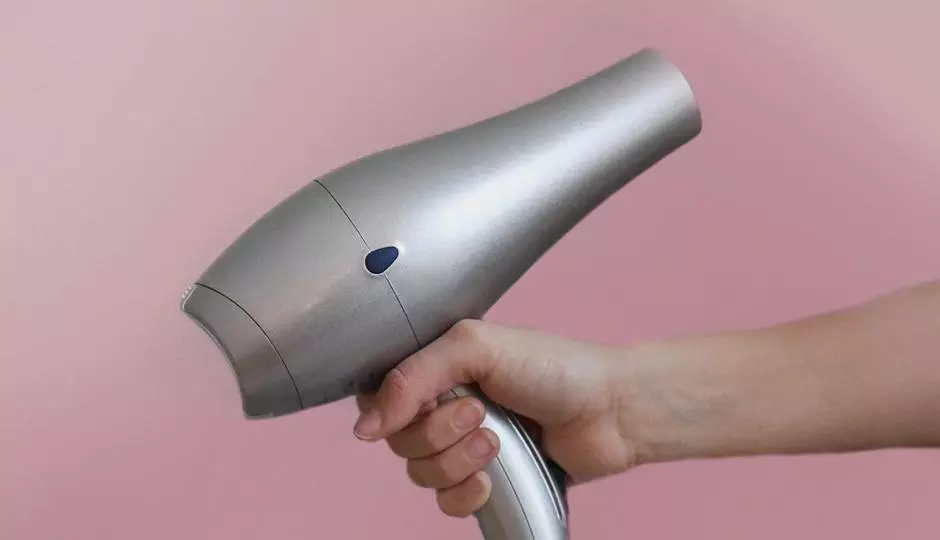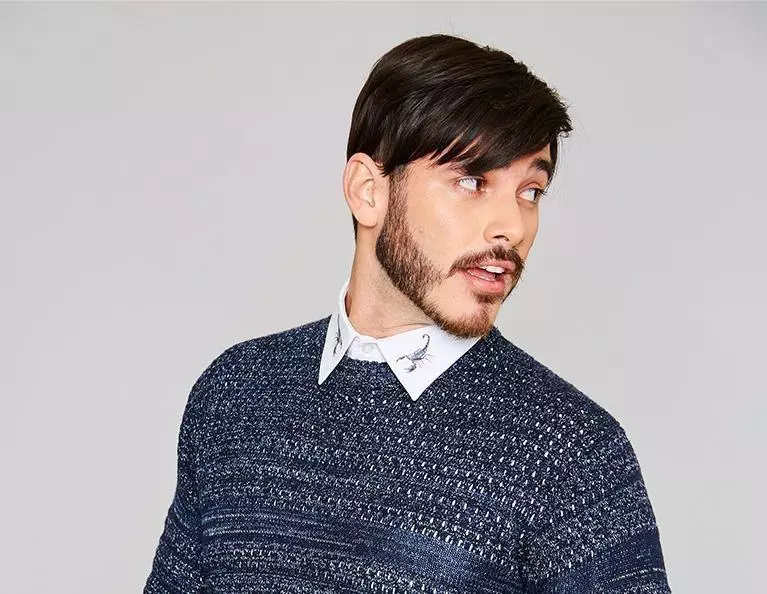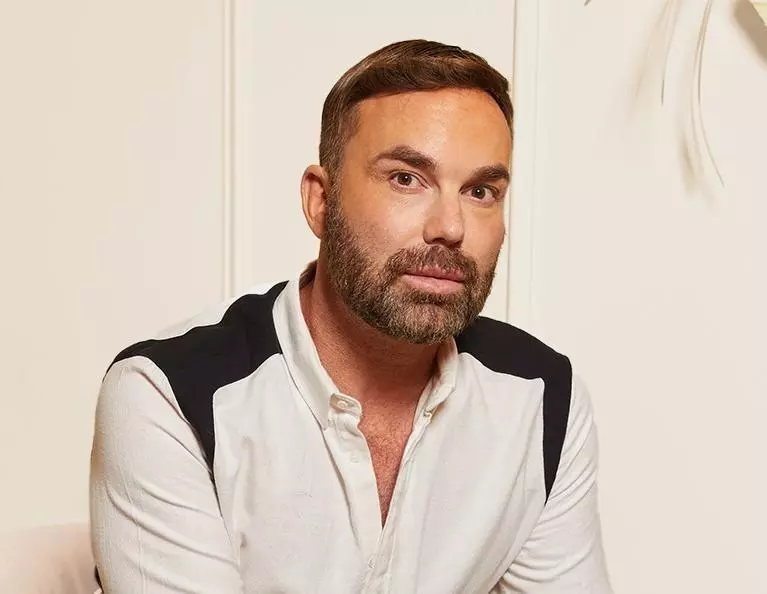Sleep is good for many reasons. It helps your body get the rest it needs so you can function at your best each day. It also aids in virtually every other major function in the body. It also plays an important role in healthy hair and skin. If you have not done so, consider how improving the quality and quantity of sleep you get to see significant results and improvement in your skin and hair.
How Does Sleep Impact Your Hair and Skin?
A good way to see the value of sleep is to consider what happens when you do not get enough sleep. You may feel run down and unable to focus. Your digestive system isn't working the way it should, which means nutrients and oxygen are not flowing the way they should. There is also the likelihood that you will be in a bad mental state. Why does this happen?
When your body gets a good amount of sleep, it can tackle whatever it needs to in a more efficient manner. Here is a look at some of the ways this may impact your skin and hair.
Stronger Hair and Nails
One of the most common benefits of good sleep is having stronger hair and nails. That happens because the cells have more time to repair themselves properly while you are sleeping. It may also increase the amount of collagen produced by your body naturally. When there is more collagen, that means your hair and your nails are stronger and healthier. You may notice this in shiny hair that feels more natural. Your hair is less likely to be brittle.
Skin Feels More Clear
Many people report that when they sleep well, their skin looks and feels better. That may be because the sleep process helps to encourage the natural flushing of the cells. When you have old skin cells in the pores and hair follicles, that causes a higher risk for the development of acne or inflammation. Many times, these clogged pores lead to the onset of painful infections. However, when you sleep, those old cells can be replaced faster and more efficiently. That may help you to have clearer skin that also feels softer.
Reduced Wrinkles
The increased amount of collagen produced in those who have good sleep patterns may also help to minimize the onset of the worsening of wrinkles. During the sleep process, the body secretes human growth hormones. These hormones help to boost the production of collagen in your body. Collagen is a type of protein that your skin cells need to remain supple and plump looking. Collagen levels fall over time as a person ages, but keeping them high takes good sleep habits.
Why Sleep Is Hurting Your Hair
Sleep deprivation, or any instance in which your body is not getting the amount of sleep it needs, can cause havoc on many major body symptoms. It impacts the skin and hair the same way stress does, and often because of the imbalance of hormones in your body that occur for this reason. A good night's sleep can help by helping to encourage protein synthesis of the hair. When this happens, as noted above, it allows for the release of growth hormones along with enzymes. These are what is necessary for your hair to grow healthy and strong.
How does this happen? When your body produces hormones properly during sleep, it is typically producing, among others, melatonin. This hormone helps to regulate your sleep cycle and is critical to you getting enough quality sleep. When melatonin levels are stable, this can lead to an increase in hair growth. If these levels are too low, though, it can cause unhealthy looking hair in some people and hair loss.
What can you do about this now? If you are struggling with hair loss or your skin does not look as young and healthy as it used it, it may be time to consider adjusting your sleep patterns. Not only do you need to sleep more, but it also needs to be a healthy level of sleep where your body is able to work through the sleep cycle properly.
Contact the team at Unique Hair Concepts for a free, private consultation.






